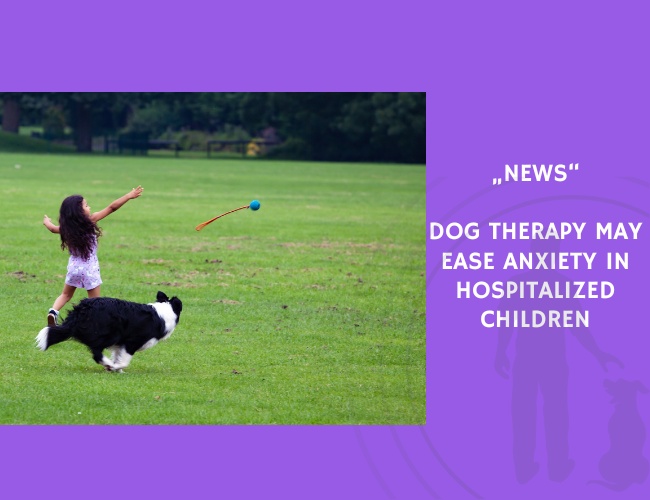Mateos (2023) addresses the psychological toll of hospitalization on children, noting how fear, stress, and disrupted routines often lead to anxiety, aggression, or withdrawal. The proposed study seeks to test whether dog therapy can improve the well-being of hospitalized children by comparing interactions with a real therapy dog versus a plush toy dog.
The study design involves 200 children aged 6–17, randomized to interact either with a therapy dog or with a plush animal across multiple sessions. Outcomes will be measured through established anxiety and happiness scales as well as physiological markers such as salivary cortisol and oxytocin. It is predicted that children engaging with therapy dogs will show a significant reduction in anxiety and an increase in happiness after just one session, effects not expected in the plush toy control group.
This research builds on prior findings that animal-assisted interventions help reduce pain, fear, and anxiety in medical settings. Unlike many earlier studies that had small sample sizes or limited controls, Mateos (2023) aims to incorporate stronger design features, making its findings potentially more applicable for wider hospital adoption. The work also draws from theoretical frameworks such as attachment theory and the stress-coping model, emphasizing the role of dogs as sources of comfort and emotional support.
If successful, the results could encourage hospitals worldwide to integrate therapy dog programs into pediatric care, not only improving children’s psychological well-being but also helping families cope with the distress of hospitalization. The implications extend beyond pediatrics, raising the possibility of expanding dog therapy to patients of all ages.
Source: Mateos, A. (2023). The Impact of Dog Therapy on Anxiety and Happiness in Hospitalized Children. Publication Year: 2023. Authors: A. Mateos. References: 29. Citations: –.










